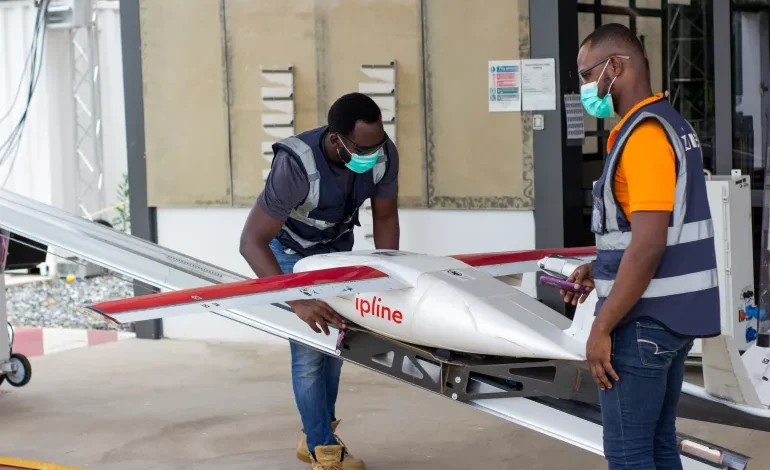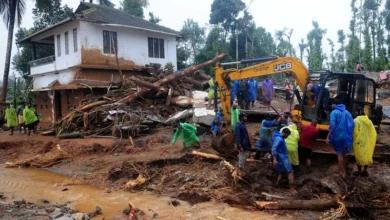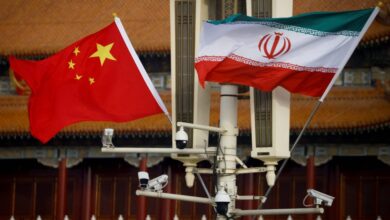African health care poses challenges to startups filling the gaps

Three months after she was born, Ayotunde Omitogun was diagnosed with an atrial septal defect (ASD), a birth defect that causes a hole in the heart. In 2013, 26 years later, she was diagnosed with pulmonary hypertension (PH) caused by the untreated defect.
In India where she went for surgery, doctors prescribed drugs to help manage her condition but because they were not available in Lagos where Omitogun lived, she had to rely on Nigerian patients travelling from India. Then COVID-19 happened. No one could travel.“So I was on and off my drugs which made me fall sick,” Omitogun, now 36, told Al Jazeera. In search of an alternative, Ayotunde reached out to a brand she had come across on Twitter earlier this year, Famasi Africa.
Founded in 2020, it is a Nigeria-based health tech startup in Nigeria built to digitise doorstep delivery of medications and routine checkups. It is one of a new generation of startups seeking to help Africans overcome hurdles in healthcare on a continent where half of the 1.2 billion people cannot access quality health care.
The lag is mostly due to an underfunding of the sector.
This year, Nigeria allocated 1.58 trillion naira ($2 billion) to the sector, less than 10 percent of the overall budget. Like some of its neighbours, it falls short of a commitment by African leaders at the 2001 Abuja Declaration to allocate 15 percent of its budget to the health sector.
Consequently, government hospitals usually lack the necessary infrastructure to carry out critical surgeries. Patients are often left unattended due to frequent strikes by doctors and other medical personnel; nurses in Zimbabwe still earn only around $50 a month and Lome hospital administrators say there are now more Togolese doctors in France than there are in Togo.
No wonder then that a June 2022 survey by the World Health Organisation found that Africa has a ratio of 1.55 health workers (physicians, nurses, and midwives) per 1000 people.Drugs are often off the shelf more than they are on it, in public dispensaries across Sub-Saharan Africa. And in some cases, the available drugs have turned out to be fake or expired.
“Africa has faced a long history of local health supply chains being susceptible to the influx of substandard products,” Juddy Gitahi, a senior consultant at Canada-based Salient Advisory, told Al Jazeera. “Specifically, [The] Gambia announced that substandard cough syrup was responsible for the deaths of at least 70 children in 2022.”But Adeyinka Shittu, a researcher at Health Law Nigeria, a health ethics and law consulting firm, says Africa’s booming population is also a contributory factor to the dearth of resources. UN projections are that it will increase from 1.2 billion today to two billion by 2050.
“[So] existing services are not adequate and thus is driving the need for the tech market,” Shittu said. “Across the world, tech is gaining more attention for its potential to spark innovation.”










